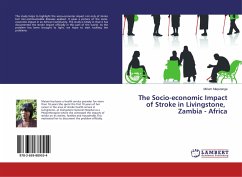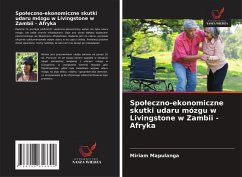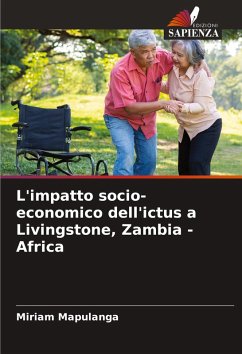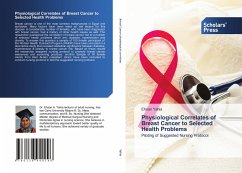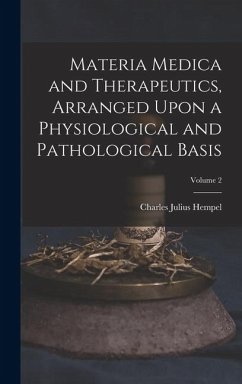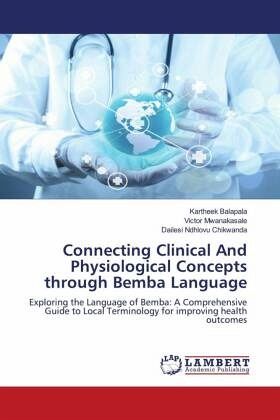
Connecting Clinical And Physiological Concepts through Bemba Language
Exploring the Language of Bemba: A Comprehensive Guide to Local Terminology for improving health outcomes
Versandkostenfrei!
Versandfertig in 6-10 Tagen
40,99 €
inkl. MwSt.

PAYBACK Punkte
20 °P sammeln!
Incorporating indigenous language training into the medical school curriculum of university is recommended to help overcome language barriers in clinical practice.As the known language, the government also designated seven Zambian languages, namely Bemba, Kaonde, Lunda, Luvale, Lozi, Nyanja and Tonga as regional lingua francas for usage alongside English as school subjects, as form of functional literacy and public education. Indigenous populations across Africa are more likely to suffer from poor health outcomes when compared to other racial and ethnic groups. Benefits of using indigenous lan...
Incorporating indigenous language training into the medical school curriculum of university is recommended to help overcome language barriers in clinical practice.As the known language, the government also designated seven Zambian languages, namely Bemba, Kaonde, Lunda, Luvale, Lozi, Nyanja and Tonga as regional lingua francas for usage alongside English as school subjects, as form of functional literacy and public education. Indigenous populations across Africa are more likely to suffer from poor health outcomes when compared to other racial and ethnic groups. Benefits of using indigenous language programs in tribal and other settings should be considered a cost-effective way of improving outcomes in multiple domains of health care sector.



